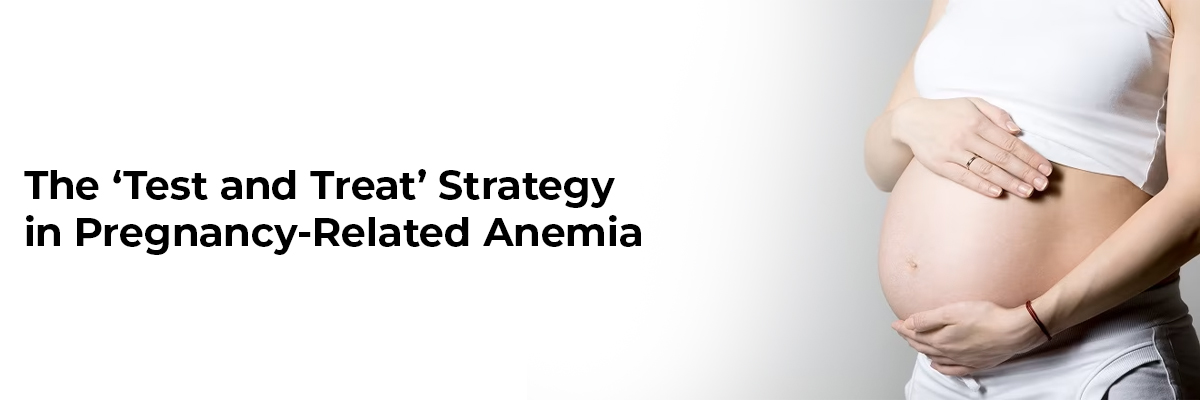
 IJCP Editorial Team
IJCP Editorial Team
The 'test and treat' strategy in pregnancy-related anemia
In India, there is a significant prevalence of nutritional anemia caused
by deficiencies in iron, folic acid, and vitamin B12. The National Anaemia
Control Programme aimed to identify and treat anemic pregnant women, but its
implementation was lacking, leading to persistently high anemia rates.
A recent study aimed to address this issue by operationalizing
hemoglobin estimation in an urban maternity center – evaluating the prevalence
of iron, folic acid, and vitamin B12 deficiencies and conducting a randomized
study on women with hemoglobin levels between 8.0 and 10.9 g/dL.
The results showed that implementing a 'Test and Treat' strategy in the
urban maternity center could successfully identify anemia. Initially, all
enrolled women were anemic – with 60% having low ferritin levels. After eight
weeks of iron folic acid (IFA) supplementation, there was a 50% reduction in
the anemia prevalence. Continued supplementation until 38 weeks gestation
resulted in a 70% reduction in the anemia prevalence. However, the addition of
vitamin B12 to IFA did not significantly improve the mean hemoglobin or vitamin
B12 levels.
The findings suggested that IFA supplementation can effectively curb anemia during pregnancy with consistent supply and supervision.
Source: Sharma A, Ravinder P, Nair M, Kalaivani K,
Ramachandran P. Indian J Obstet Gynecol Res. 2023;10(3):320-329

IJCP Editorial Team
Comprising seasoned professionals and experts from the medical field, the IJCP editorial team is dedicated to delivering timely and accurate content and thriving to provide attention-grabbing information for the readers. What sets them apart are their diverse expertise, spanning academia, research, and clinical practice, and their dedication to upholding the highest standards of quality and integrity. With a wealth of experience and a commitment to excellence, the IJCP editorial team strives to provide valuable perspectives, the latest trends, and in-depth analyses across various medical domains, all in a way that keeps you interested and engaged.





















Please login to comment on this article